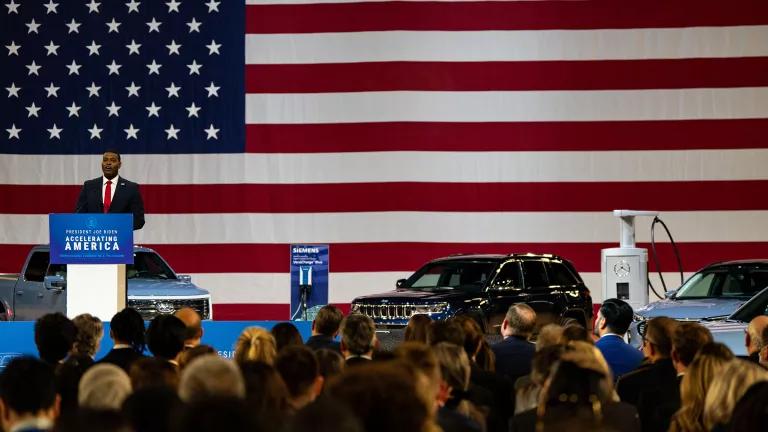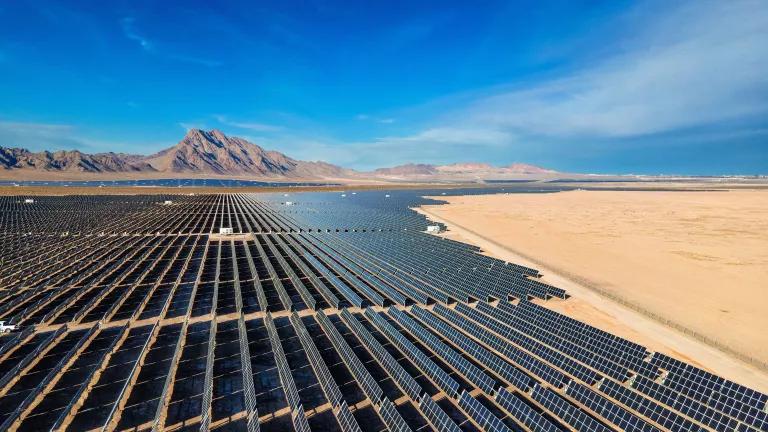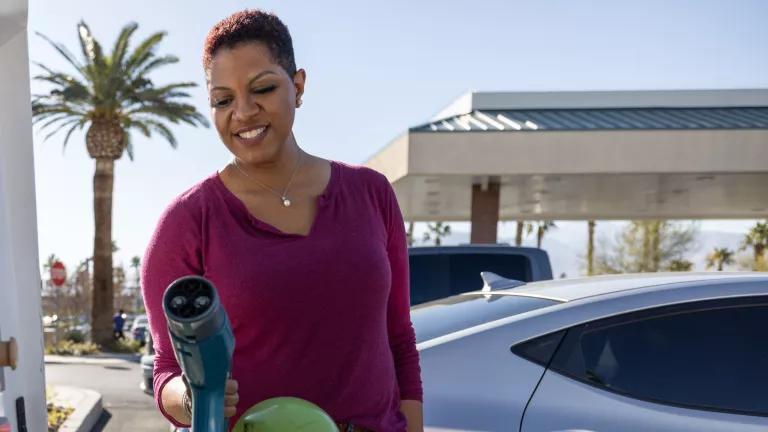The Tide Is Turning: The Private Sector Joins the Chinese Government and the International Community in Cleaning Up Global Shipping Emissions
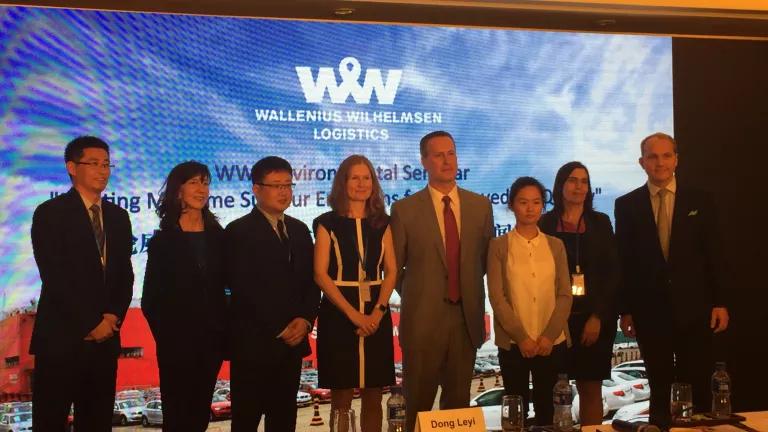
This post was co-authored with my colleagues Freda Fung, Zhixi Zhu, and Winslow Robertson.
The science is clear—air pollution from ships causes significant adverse impacts on both air quality and health for people living around ports and even far inland. That reality has guided our Asian ports work for the past three years. Today, our team is thrilled to witness a major victory for clean air the world over as Wallenius Wilhelmsen Logistics (WWL), a leading provider of global logistics and shipping solutions to manufacturers of vehicles, heavy equipment, and specialized cargo, announced a pledge to limit the sulfur content of fuel used at berth to less than 0.1% across all ports globally—“no exemptions, no exceptions.”
Beginning this year, China is phasing in Domestic Emission Control Area (DECA) regulation in three key port regions, and ships are required to switch to 0.5% sulfur fuel under the China DECAs. By going well beyond the existing fuel sulfur regulations in China and elsewhere, WWL demonstrates strong leadership in combating air pollution from ships around the globe.
In fact, ships carrying cargo to ports in International Maritime Organization (IMO) Emission Control Areas (ECAs), which requires the use of 0.1% sulfur fuel, are capable of switching to cleaner fuel and reducing their impacts on air quality and public health around the world. We commend WWL’s bold action and encourage other companies to follow suit.
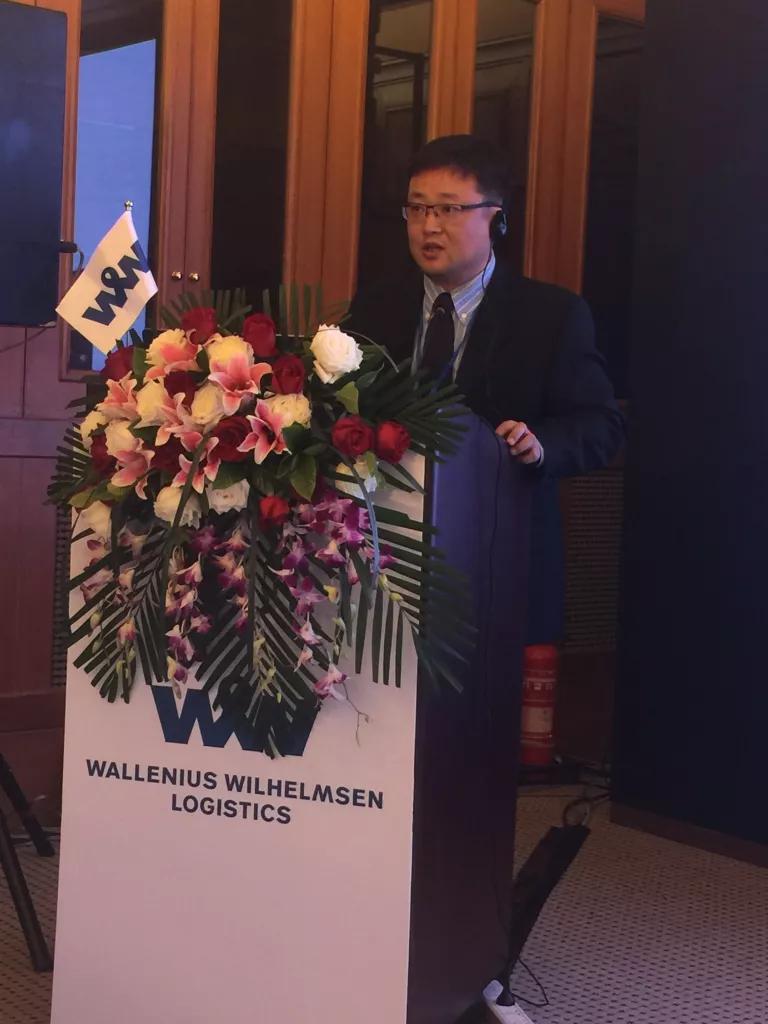
WWL’s new policy strongly supports China’s ongoing efforts to develop a green and sustainable port and shipping industry. To make sure that all carriers calling at Chinese ports operate on a level playing field in the DECAs and ensure that the regulation delivers the expected environmental benefits, strong enforcement is necessary. At today’s WWL Environmental Seminar in Beijing, Director Dong Leyi of the China National Maritime Safety Administration (MSA) emphasized that point. He also noted MSAs in the Yangtze River Delta region have conducted 611 inspections since the DECA went into effect on April 1—and found seven violations.
At the seminar, we offered the following lessons learned from the U.S. and EU enforcement programs for Chinese leaders to consider as they further develop the DECA enforcement program:
- Establishing detailed enforcement guidelines that specify the basis for determining non-compliance and assessing penalties to ensure that sanctions are fair, equitable, and have a strong deterrent effect
- Mandating that a given percentage of ships have fuel samples taken to establish an enforcement presence
- Using remote measurement technologies and establishing an enforcement database to guide ship selection for onboard inspection and fuel sampling
- Imposing high non-compliance penalties
- Offering training for enforcement officials
- Assuring the quality of bunker fuel supplied in China
- Promoting joint enforcement at the regional level
- Assisting ship owners/operators to comply with the DECA regulation by providing accurate and timely information about said regulation, and offering incentives to encourage early adopters
China has already displayed robust action cleaning up air pollution from ships by adopting the DECA regulation, which has spurred business leaders, like WWL, to respond with voluntary clean fuel policies that go beyond minimal compliance. NRDC looks forward to working with and supporting efforts of both the Chinese government and businesses in cleaning up shipping emissions in China and, in turn, the world.

